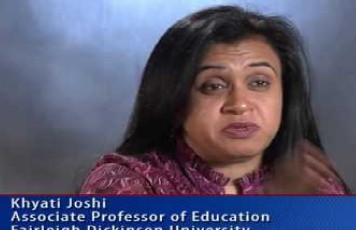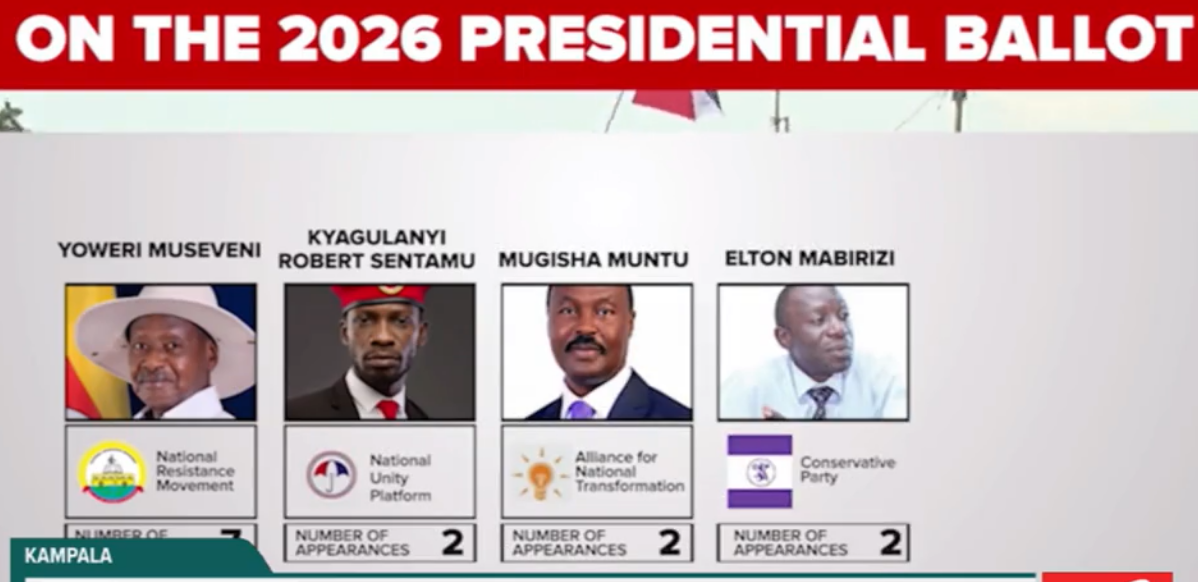[“White Christian Privilege”]
Joshi: “As long as we treat our foundational ideals…as if they are realities rather than aspirations, the dominance of Protestant Christianity and Whiteness over the political and social institutions of the United States will remain invisible.”
Photo: YouTube
Dr. Khyati Joshi author of the new book “White Christian Privilege: The Illusion of Religious Equality in America.”
Despite a veneer of tolerance and founding myths about the “freedom of religion,” the United States is in fact a place where White Christians enjoy unearned advantages rooted in 400 years of law and culture, according to a new book.
“White Christian Privilege: The Illusion of Religious Equality in America,” by Dr. Khyati Joshi, makes the case that any conversation about race in the US is incomplete without considering the influence of Christianity. Joshi describes how Whiteness and Christianity stretch through American history “like two sides of a wide ribbon,” each influencing and bolstering the other through the legal and social power of the majority – power that is now embedded in centuries of law, culture and national identity.
Even as the United States has become one of the most racially and religiously diverse nations in the world, the prevalence of White Protestant Christian influence continues to place racial and religious minorities at a structural disadvantage. This is particularly important as an estimated 40 percent of the nation’s population do not identify as Christian.
“As long as we treat our foundational ideals of freedom of religion and ‘all men are created equal’ as if they are realities rather than aspirations, the dominance of Protestant Christianity and Whiteness over the political and social institutions of the United States will remain invisible,” Joshi writes.
Joshi’s book, being released Tuesday by NYU Press, lends a diverse perspective to a national conversation currently dominated by Black and White voices, and adds religion to the important national conversation on race. Her book does not place blame or point fingers. It seeks to inform those who value social justice and help readers prepare for the uncomfortable conversations they need to have.
Joshi’s work is informed by decades of research and her own experience as a racial and religious minority. Joshi’s family emigrated from India and she grew up in Atlanta, as a little, brown Hindu girl, not White, not Black, and not Christian. “People didn’t know what to do with me, and I was bullied a lot,” Joshi says. She went on to study religion at Emory University, the University of Massachusetts, and the Hebrew University of Jerusalem. She currently is a professor at Fairleigh Dickinson University.
Race and religion have emerged as central issues in the 2020 Presidential race. From his 2017 “Muslim Ban” executive order to his recent photo op holding a Bible aloft as a rebuke to Black Lives Matter protesters, President Trump rallies his supporters with conspicuous religious references. On Friday at Mount Rushmore, he warned of a “far-left fascism” that will compel Americans to “recite its mantras” – a reference to Hindu worship. In her book, Joshi observes how Trump’s Christian supporters “see themselves as victims of discrimination rather than its systemic beneficiaries.”
Joshi has lectured around the world and frequently consults with school systems, faith communities, Fortune 500 companies, nonprofit organizations, and policy-makers on fostering equity and inclusion.







